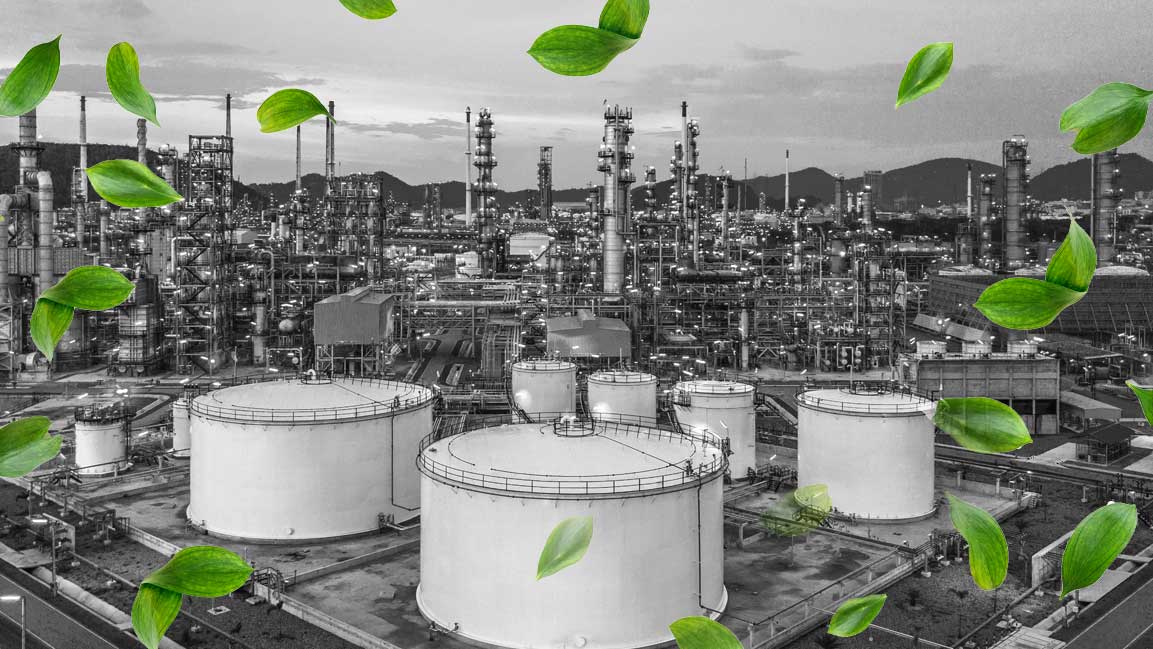- | 11:30 am
QatarEnergy and GE join hands to develop carbon capture roadmap
Qatar has been working towards diversifying and expanding its energy industry

Qatar has been inching closer to its National Vision 2030 goals by seeking new solutions to affirm its commitment to mitigating climate change impact.
The latest move in this direction is the Memorandum of Understanding (MoU) signed between QatarEnergy and General Electric (GE). The two would be teaming up to develop a carbon capture roadmap for Qatar’s energy sector.
The MoU would explore the feasibility of developing a world-scale carbon hub at Ras Laffan Industrial City, currently housing over 80 GE gas turbines.
“This MoU affirms QatarEnergy’s Sustainability Strategy and our efforts to implement effective measures to curb emissions and produce cleaner energy using the latest proven emissions reduction technologies. We are pleased to pursue all available avenues, including the use of clean energy carriers in achieving a substantial reduction in CO2 emissions,” His Excellency Saad Sherida Al-Kaabi, the Minister of State for Energy Affairs, the President and CEO of QatarEnergy, said at the signing ceremony.
“Exploring pre and post-combustion technologies can significantly reduce CO2 emissions from QatarEnergy’s facilities. Qatar can become a leading player in hydrogen, ammonia, and CCS by helping to pilot and scale up these technologies for the rest of the world,” said Joseph Anis, the President & CEO of GE Gas Power Europe, Middle East and Africa.
In its recently updated Sustainability Strategy, QatarEnergy outlined numerous programs to cut GHG emissions, including expanding carbon capture and sequestration technology to capture more than 11 million tonnes of CO2 annually in Qatar by 2035.
Earlier this month, the state-owned energy company announced a new blue ammonia energy project aimed at capturing and sequestering 1.5 million tons of carbon dioxide per year, supplying 35 megawatts of renewable electricity via solar panels.
Most Innovative Companies comes to the Middle East this October! Click here to know more.
































